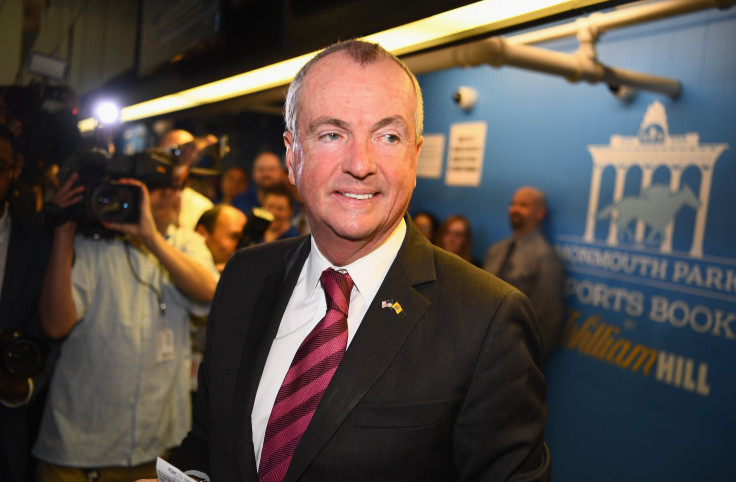Coronavirus US Death Toll Surpasses 74,000; New Jersey Extends Health Emergency Until June 6

KEY POINTS
- Gov. Phil Murphy said the decision to extend the public health emergency doesn't mean the COVID-19 situation has gotten worse in New Jersey
- “We have avoided the worst of it by a lot," he said
- Murphy took the first major steps to lifting the statewide lockdown last weekend
New Jersey, the state with the second highest number of COVID-19 infections and deaths in the country, on Wednesday extended its public health emergency for another 30 days to protect the huge gains it’s made in reining in the spread of COVID-19. It's been in lockdown for the past seven weeks.
Gov. Phil Murphy signed an executive order keeping the declaration in place until June 6. He said the decision doesn't mean things are getting worse in The Garden State and its nine million residents. The same can't be said for the United States as a whole, however.
Confirmed cases nationwide again increased by more than 20,000 while the daily death toll was again in the region of 2,000. There were 1,258,051 cases (up 20,418) and 74,190 deaths (up 1,919), as of 7:13 pm ET Wednesday, according to Worldometer. Tuesday's toll stood at 1,237,633 cases (up 24,798) and 72,271 deaths (up 2,350).
“I want to make it absolutely clear that this action does not mean that we are seeing anything in the data which would pause our path forward and it should not be interpreted by anyone to mean we are going to be tightening any of the restrictions currently in place,” said Murphy during the daily briefing at Trenton. "We’re still in a public health emergency."
The new order extends all executive orders issued under the governor’s authority through the Emergency Health Powers Act. It also extends all actions taken by any executive branch departments in response to the virus. It expires after 30 days unless renewed by Murphy.
“If this extension signals one thing, it is this -- we can’t give up one bit on the one thing that we know is working in this fight: social distancing. Remember, in the absence of a vaccine, or even proven therapeutics for #COVID19, our only cure is social distancing," Murphy later tweeted.
If this extension signals one thing, it is this – we can’t give up one bit on the one thing that we know is working in this fight: social distancing.
— Governor Phil Murphy (@GovMurphy) May 6, 2020
Remember, in the absence of a vaccine, or even proven therapeutics for #COVID19, our only cure is social distancing.
On Wednesday, the New Jersey Department of Health (NJDOH) said the state's COVID-19 death toll increased to 8,244 fatalities. It reported 130,593 total cases statewide. The numbers include 334 new deaths and 2,494 new positive tests.
“It is unfathomable,” said Murphy of the death toll during the daily briefing.
NJDOH reported 5,328 coronavirus patients across New Jersey’s 71 hospitals, as of 10 p.m. Monday. This total is the lowest number in more than a month, and a 36% drop from a peak of 8,293 on April 14.
“We have avoided the worst of it by a lot," declared Murphy. "Let’s keep at it, because our vigilance is working, it’s paying off, and it needs to keep paying off.”
NJDOH said hospitalizations for confirmed or suspected coronavirus cases continue to drop in New Jersey. Murphy has made this metric a key benchmark to start lifting social distancing restrictions and closures. He confirmed this in a series of tweets where he said the rate of infections is slowing and the daily counts of new cases are leveling off.
"We continue to see the daily counts of new cases leveling, even as more testing sites continue to come online. The rate of positivity among those who are tested also continues to decrease," he tweeted.
LOOK: We continue to see the daily counts of new cases leveling, even as more testing sites continue to come online. The rate of positivity among those who are tested also continues to decrease. pic.twitter.com/PX3i6f9pfK
— Governor Phil Murphy (@GovMurphy) May 6, 2020
Murphy took the first major steps to lifting the statewide lockdown last weekend when he allowed state and county parks and golf courses to reopen with restrictions. He first declared both a state of emergency and public health emergency on March 9.
© Copyright IBTimes 2025. All rights reserved.





















